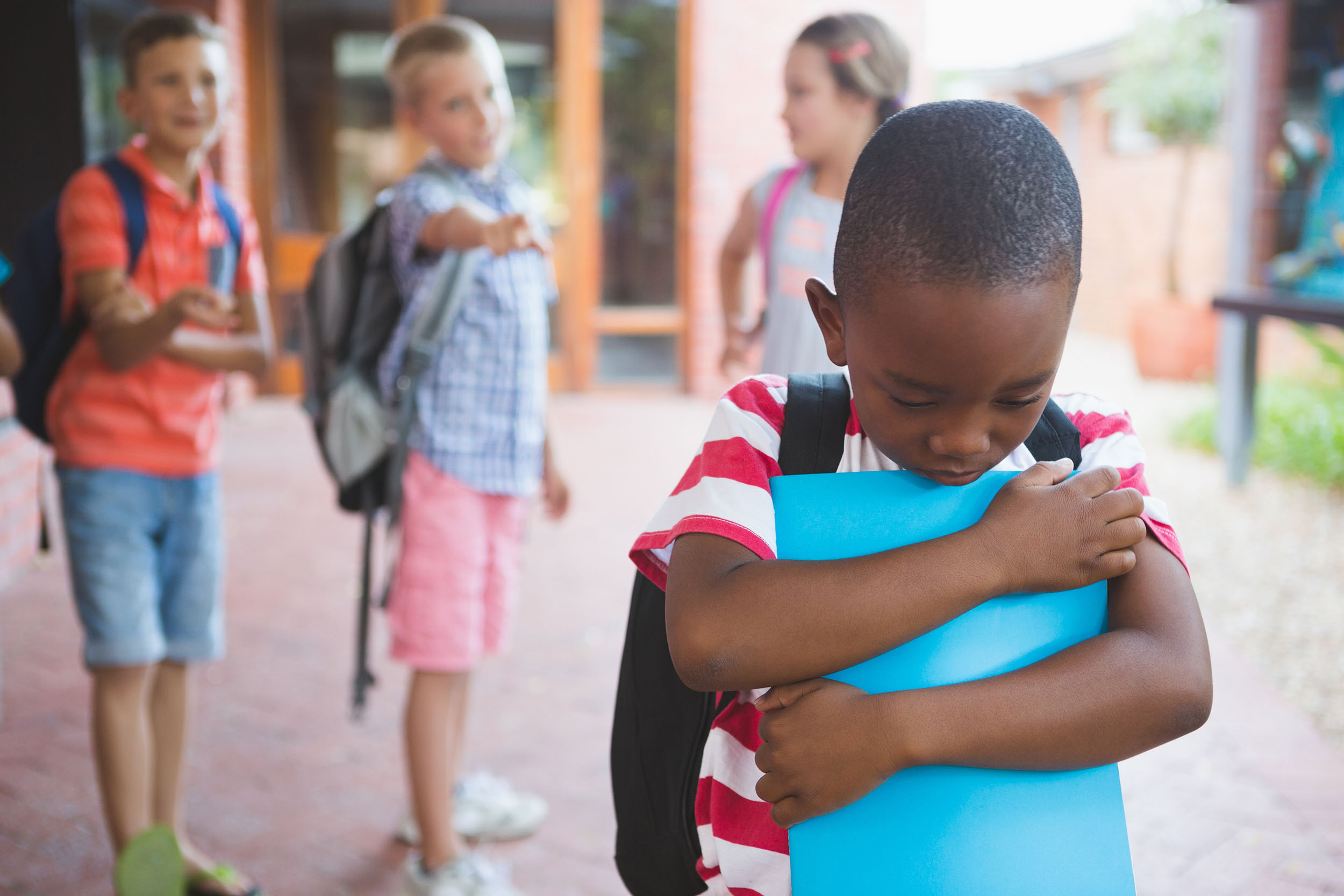A new study confirms the link between children who are bullied and mental health issues later in life, and many of the proposed remedies focus more on the effects rather than the cause of the problem.


A new study confirms the link between children who are bullied and mental health issues later in life, and many of the proposed remedies focus more on the effects rather than the cause of the problem.
The research confirms what many in the mental health community already know, and what character education aims to address in schools.
University College London outlined the recent UK based study:
The study involved 11,108 participants from the Twins Early Development Study (TEDS), which is based at King’s College London. By surveying twins, researchers were able to look at the associations between bullying and mental health outcomes, and then account for the confounding effects of their genes and shared environmental influences because they studied both monozygotic (“identical”) twins who have matching genes and home environments and dizygotic (“non-identical”) twins, who don’t share all of their genes, but have matching home environments. Both children and their parents filled out the questionnaire: at age 11 and 14 they were asked about peer victimization, and at 11 and 16 they were asked about mental health difficulties.
The UCL-led research team found that, with all factors considered, bullying contributed to anxiety, depression, and other mental health problems, and the anxiety persisted for years afterward. Five years after the bullying, “there was no longer an effect on any of those outcomes,” according to the university website.
“While our findings show that being bullied leads to detrimental mental health outcomes, they also offer a message of hope by highlighting the potential for resilience. Bullying certainly causes suffering, but the impact on mental health decreases over time, so children are able to recover in the medium term,” said Jean-Baptiste Pingault, UCL Psychology & Language Sciences professor and lead author of the study.
“The detrimental effects of bullying show that more needs to be done to help children who are bullied. In addition to interventions aimed at stopping bullying from happening, we should also support children who have been bullied by supporting resilience processes on their path to recovery. Our findings highlight the importance of continuous support to mental health care for children and adolescents.”
The study, funded by MQ: Transforming Mental Health and the Economic and Social Research Council, was published in JAMA Psychiatry.
MQ: Transforming Mental Health Director of Research Sophie Dix echoed Pingaults’ call for supporting students once they’ve been victimized by bullies.
“This important research is further strong evidence of the need to take the mental health impacts of bullying seriously,” she said. “We hope this study provides fresh impetus to make sure young people at risk—and those currently being bullied—get effective help as soon as possible.”
Often overlooked but vital is the role character education can play in preventing bullying.
Character education advocates argue that rather than attempting to correct the effects of bullying, evil treatment of other students should be addressed holistically through a focus on kindness and other virtues so students understand why all people are worth being treated with respect.
James Davison Hunter points out in his book, The Tragedy of Moral Education in America, that the holistic approach only works when adults are on the same page, focused on character formation so that it’s integrated into all teaching, and embedded in a school’s culture.
And not only the school, but parents must be attentive to those who are vulnerable, along with all who “are part of [the] larger network of social groups and institutions” that include sports, youth organizations, faith communities, YMCAs, and others, Hunter writes.